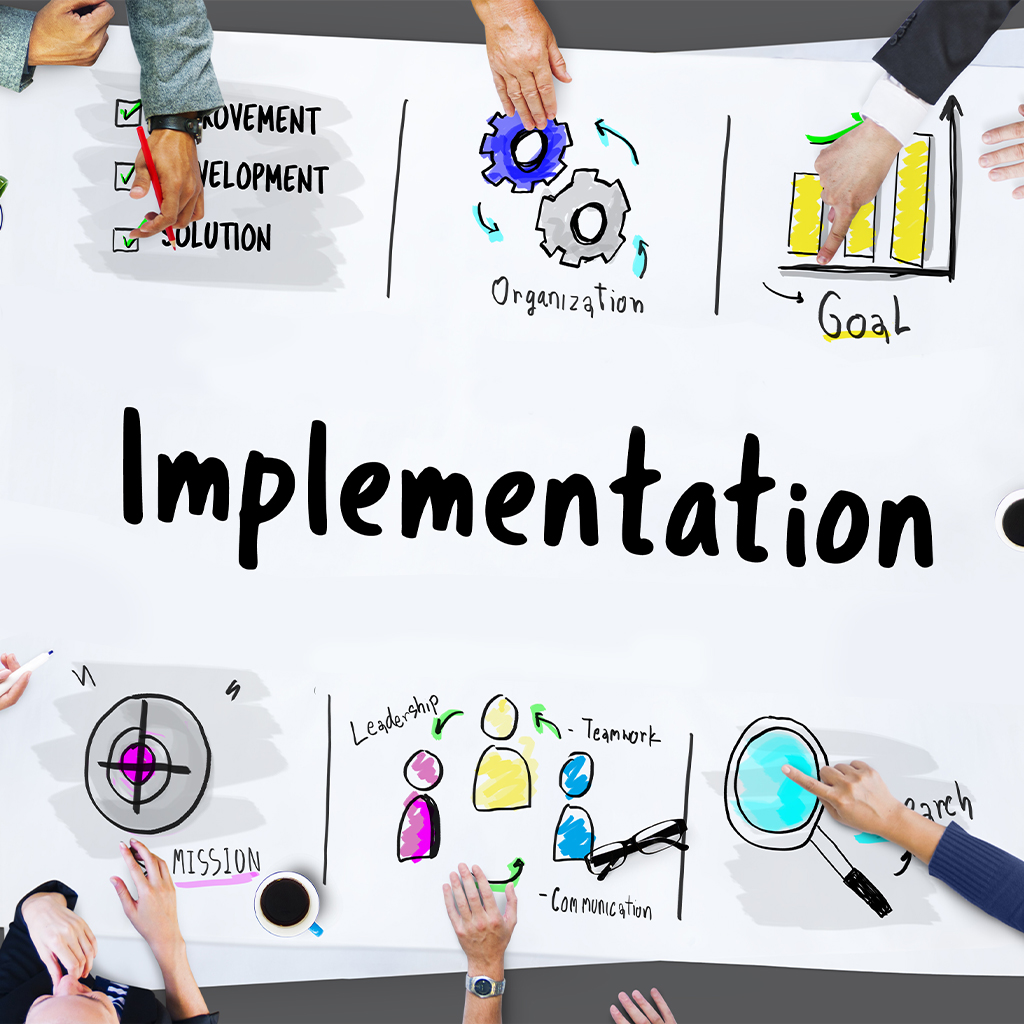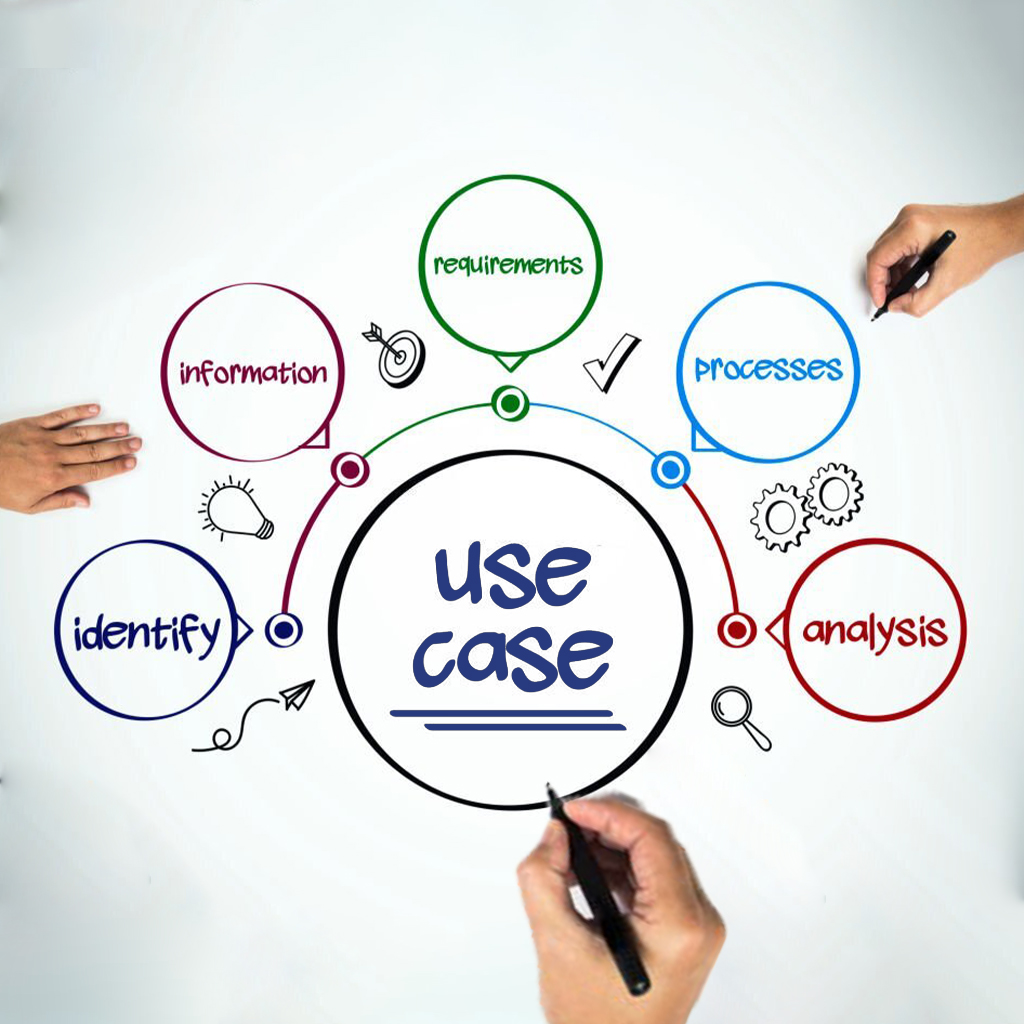

The Consumer Data Right (CDR) is a large-scale regulatory reform that establishes a safe and efficient network for consumer data portability. It democratises consumer data, giving Australian individuals and businesses a safe way to use data for their own benefit.
The CDR’s objectives are to deliver increased innovation and competition to the economy and help individuals, households and small businesses make better informed decisions and benefit from streamlined administration and innovative, tailored and better-value products and services.


Since the initial roll out of the CDR in the banking sector beginning in 2020, participation in the CDR has continued to increase. As at 27 June 2023, there were 113 active data holder brands in the banking sector and 3 active data holders in the energy sector. CDR coverage in the banking sector has reached 99.73%, as measured as a market share of household deposits covered by CDR data-sharing.
The CDR was first proposed by the Productivity Commission in March 2017. Live sharing of consumer data began with the banking sector on 1 July 2020. Since then, the CDR has begun its cross-sectoral approach by expanding into the energy sector.


Data holders (including banks and energy providers) build technology architecture to enable CDR data sharing to comply with CDR legislation, rules and standards.
The Australian Competition and Consumer Commission (ACCC) delivers the enabling technology solutions for the CDR, including a Register and Accreditation Application Platform and a Participant Portal, and offer a range of free software tools for use by industry providers. The Consumer Data Standards define Register APIs used in the CDR ecosystem, providing a means for participants to use a safe and trusted network.
The Data Standards Body supports the Data Standards Chair to create the technical and consumer experience standards for how data is shared under the CDR. Information on the CDR’s technical standards can be found of the Consumer Data Standards Australia website: https://consumerdatastandardsaustralia.github.io/standards/#introduction


The CDR website has published guidance for participants on CDR topics including accreditation, on-boarding, participant conformance approaches and more. The Office of the Australian Information Commissioner (OAIC) has also published guidelines on the CDR’s privacy safeguards. For further information, please visit: https://www.cdr.gov.au/resources/guides and https://www.oaic.gov.au/consumer-data-right/consumer-data-right-guidance-for-business
Treasury, in consultation with CDR agencies, has been developing a Benefits Realisation Management Framework capturing lead indicators and success measures. A public-facing benefits realisation framework outlining desired outcomes of the CDR program – covering program operations, consumer outcomes, and economic outcomes – will be published online.


The CDR was established under Part IVD of the Australian Competition and Consumer Act 2010. The CDR’s Rules and Standards prescribe how the CDR operates and how data is handled. The CDR Rules define the elements for consent, outline the accreditation framework and elaborate on the privacy aspects of the scheme. Guidance for participants in understanding the framework can be found on the CDR website: https://www.cdr.gov.au/resources/guides/consumer-data-right-legislation The Data Standards include standards about the format and process for transferring data. The data standards are available on the Consumer Data Standards website: https://consumerdatastandardsaustralia.github.io/standards/#introduction
There are a number of agencies in the CDR’s governance structure.
When a country requests an enquiry, they are welcome to contact us through the person noted in section 9 below, or through https://www.cdr.gov.au/contact-us


As at 1 March 2023, the Australian fintech industry estimated that there were 94 products and services using the CDR. Examples of CDR-enabled use cases include:
- Sherlok, which helps mortgage brokers refinance their clients’ home loans, saving consumers money.
- Greener to help consumers to shop environmentally sustainably.
- WeMoney to help consumers with financial management.
‘Accredited Data Recipients’ can be found on the CDR website: https://www.cdr.gov.au/find-a-provider
Additional information on the CDR can be found on the CDR website: https://www.cdr.gov.au/
The Productivity Commission first proposed the Consumer Data Right in their Data Availability and Use inquiry report. - The report was published on 8 May 2017: https://www.pc.gov.au/inquiries/completed/data-access/report
The Government commissioned a Review into Open Banking in Australia to determine the most appropriate model for Australia to establish an Open Banking scheme. - The report was published on 9 May 2018: https://treasury.gov.au/consultation/c2018-t247313
An independent Statutory Review of the CDR was held in 2022. - The final report from the review was published on 29 September 2022: https://treasury.gov.au/publication/p2022-314513
- A Government response to the review was released on 7 June 2023: https://treasury.gov.au/publication/p2023-404730


Additional information on the CDR can be found on the CDR website: https://www.cdr.gov.au/
The Productivity Commission first proposed the Consumer Data Right in their Data Availability and Use inquiry report.
- The report was published on 8 May 2017:
https://www.pc.gov.au/inquiries/completed/data-access/report
The Government commissioned a Review into Open Banking in Australia to determine the most appropriate model for Australia to establish an Open Banking scheme.
- The report was published on 9 May 2018:
https://treasury.gov.au/consultation/c2018-t247313
An independent Statutory Review of the CDR was held in 2022.
- The final report from the review was published on 29 September 2022: https://treasury.gov.au/publication/p2022-314513
- A Government response to the review was released on 7 June 2023: https://treasury.gov.au/publication/p2023-404730
 Anna Nitschke Australian Treasury, Director of Consumer Data Right Policy Issues Unit
Anna Nitschke Australian Treasury, Director of Consumer Data Right Policy Issues Unit
 Anna.Nitschke@TREASURY.gov.au
Anna.Nitschke@TREASURY.gov.au
Content provided by ICD, Ministry of Electronics & Information Technology, Government of India
Site is designed, developed, hosted and maintained by National E-Governance Division (NeGD)
© 2024, All right reserved @ NeGD under Meity, Government of India

 Website Link:
Website Link: